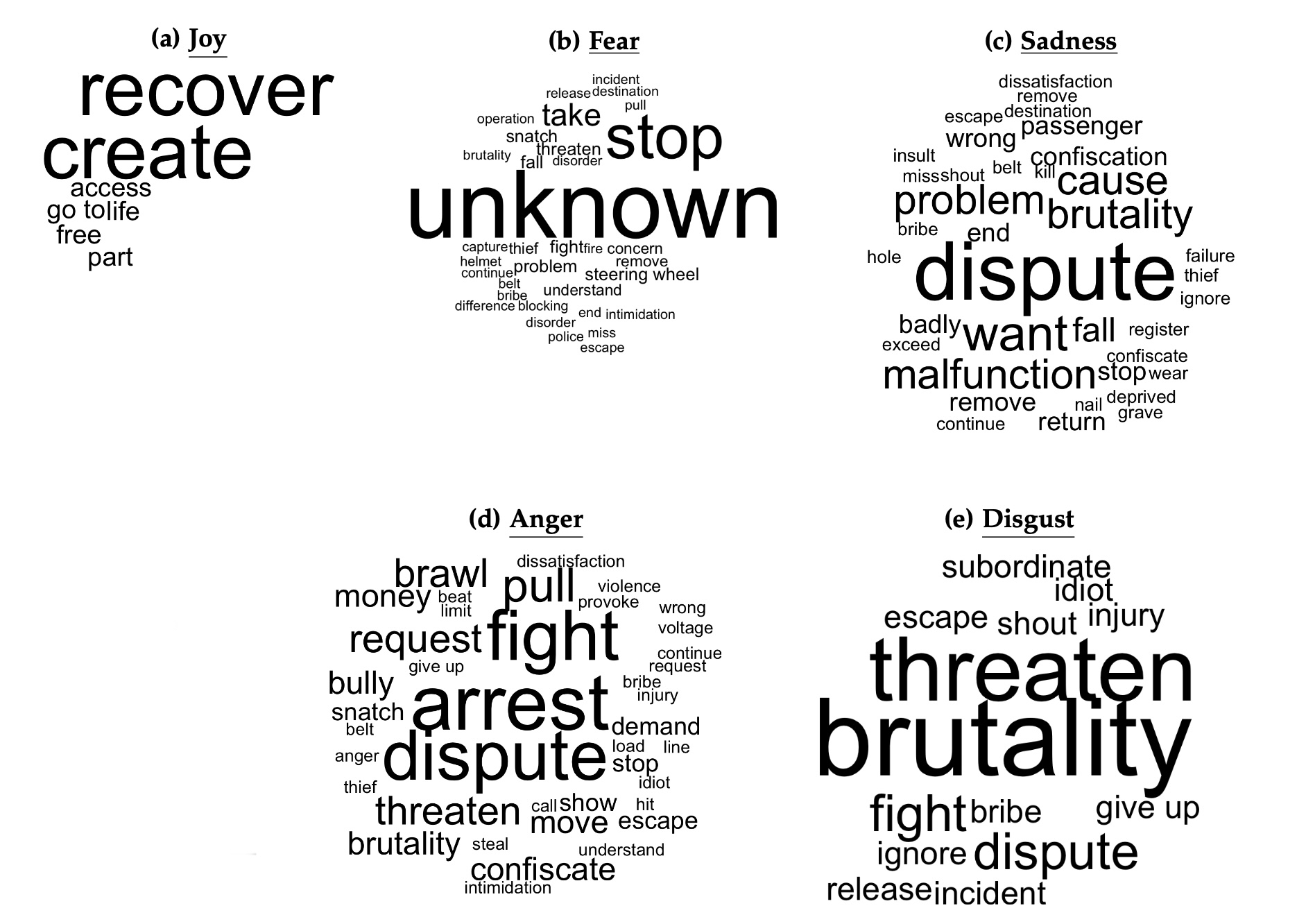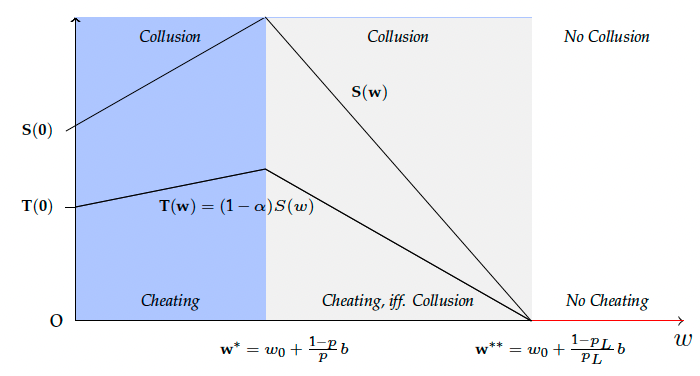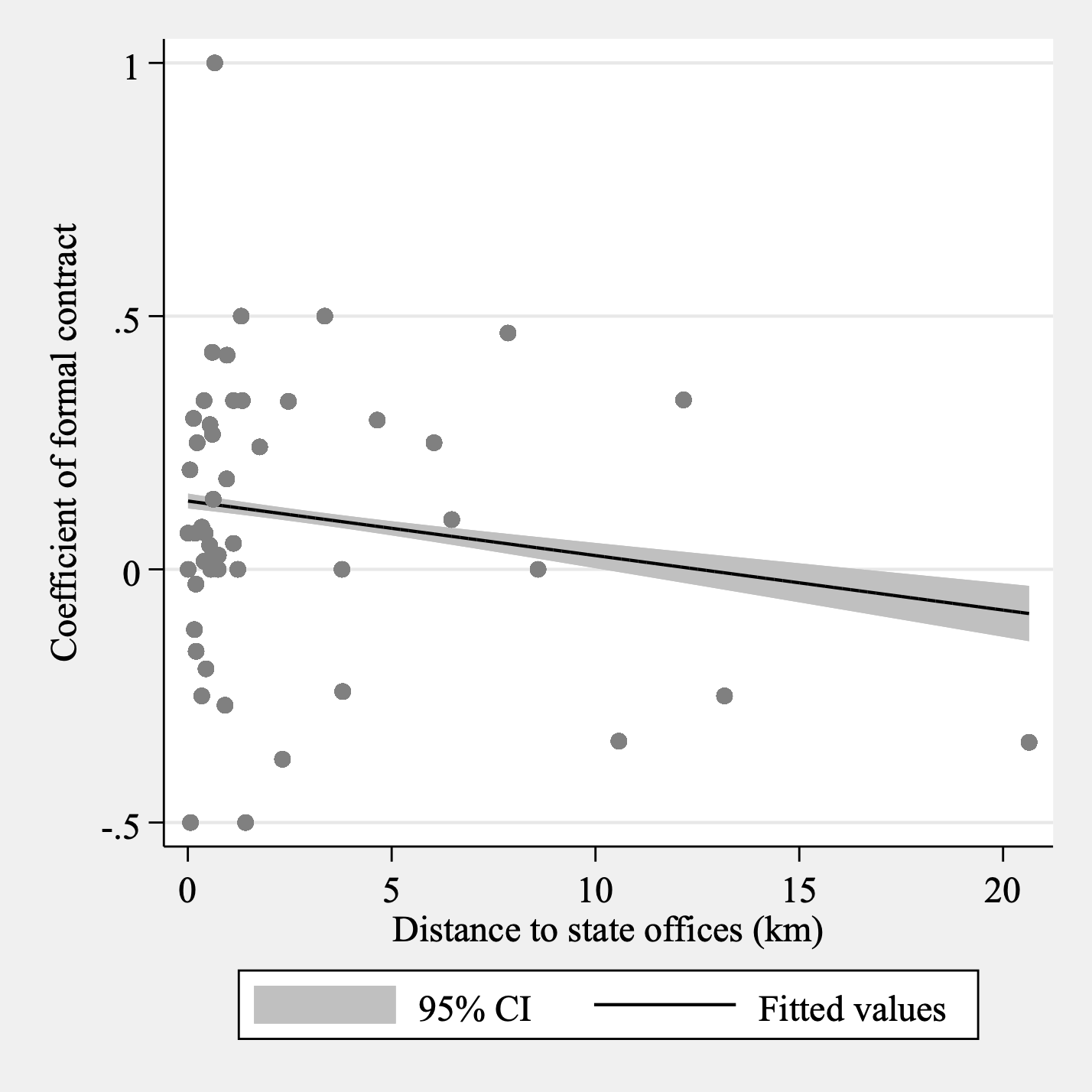Hello! I am Haoyang (Stan) Xie. I am a second-year PhD student at Kenneth C. Griffin Department of Economics at The University of Chicago. Prior to this, I was a Research Professional at Becker Friedman Institute. I received my M.A. from The University of Chicago, and B.A. from Peking University.
My research focuses on development, political economy, and behavioral economics. My research relies on our amazing research partner Marakuja Kivu Research.
Research
Publications
- The Real State: Inside the Congo’s Traffic Police Agency (with Raul Sanchez de la Sierra, Kristof Titeca, Aimable A. Lameke and Albert Malukisa Nkuku)
American Economic Review, 2024, 114 (12): 3976–4014.- Online Appendix: Appendix Figures and Tables, Study Documentation, Ethics Appendix
Working Papers
The Moral Economy of Supervisor Kickbacks And Its Significance for Corruption (with Raul Sanchez de la Sierra, Kristof Titeca, Aimable A. Lameke and Albert Malukisa Nkuku)
Measuring State Weakness: Inferring Underlying Legal State Capacity from Buyer Choices (with Raul Sanchez de la Sierra and Yuting Chen)
Work in Progress
- Foreign Hands in Ethiopia
Research Highlights
Agents Pulled Over Drivers, Often Using Brute Force

Kickbacks Motivated by Distributional Concerns

Decay of State Capacity over Distance

